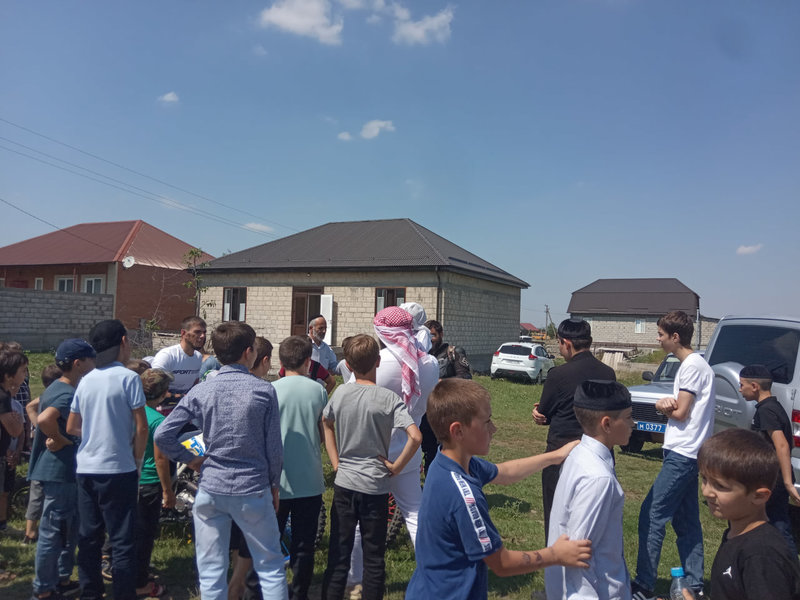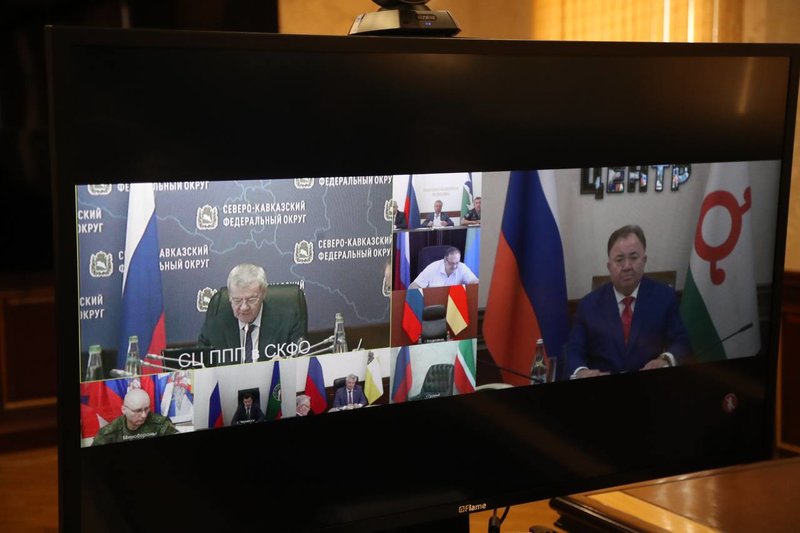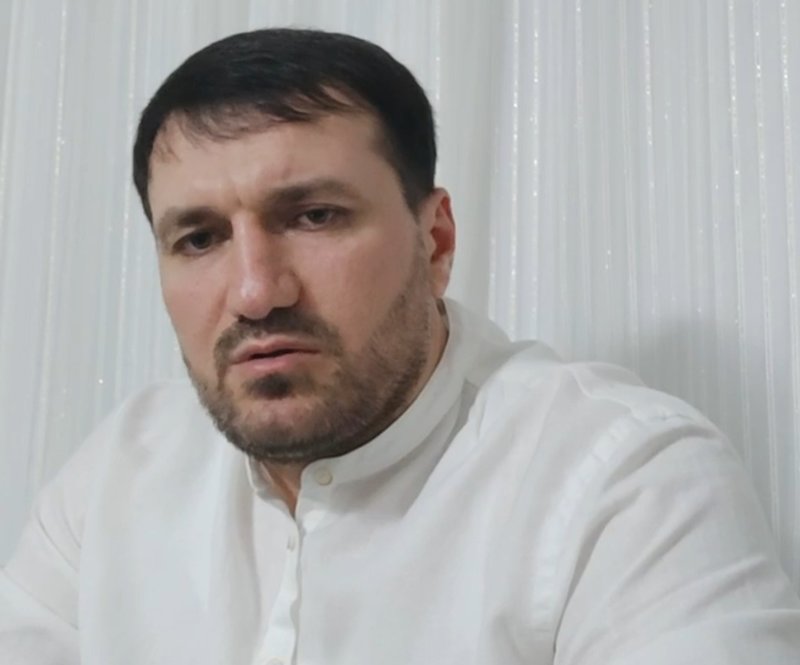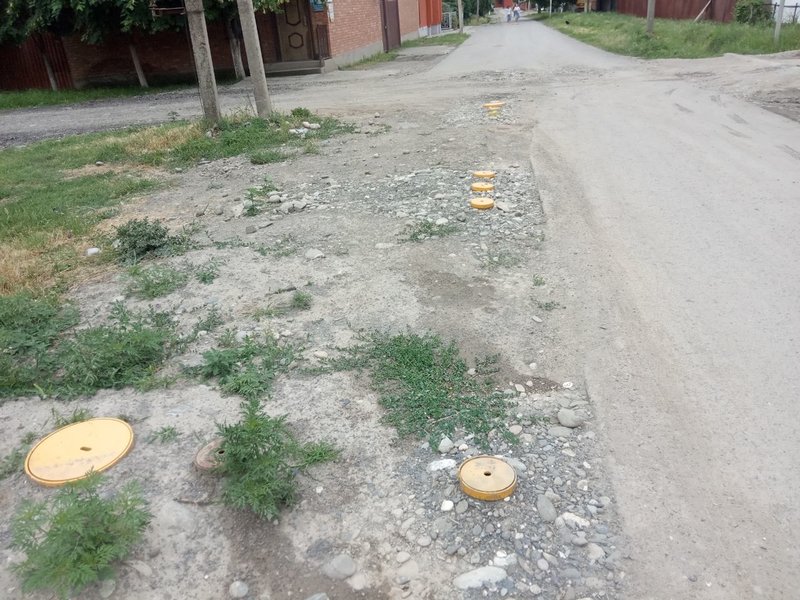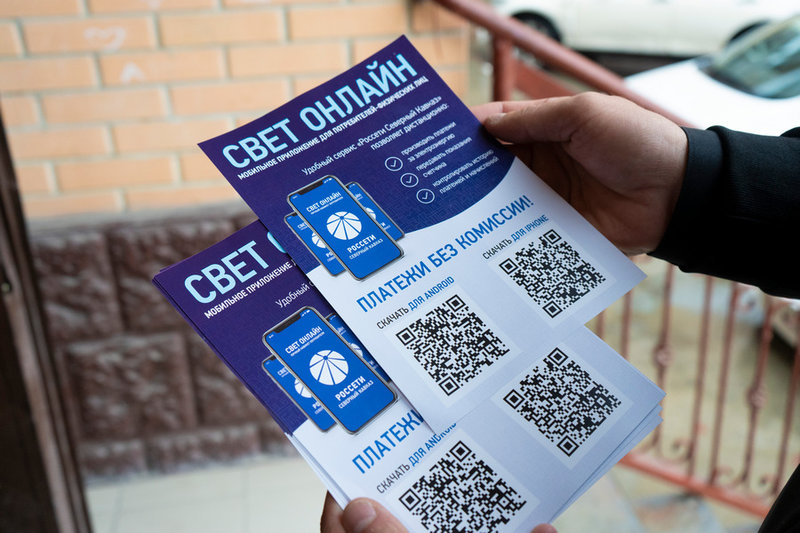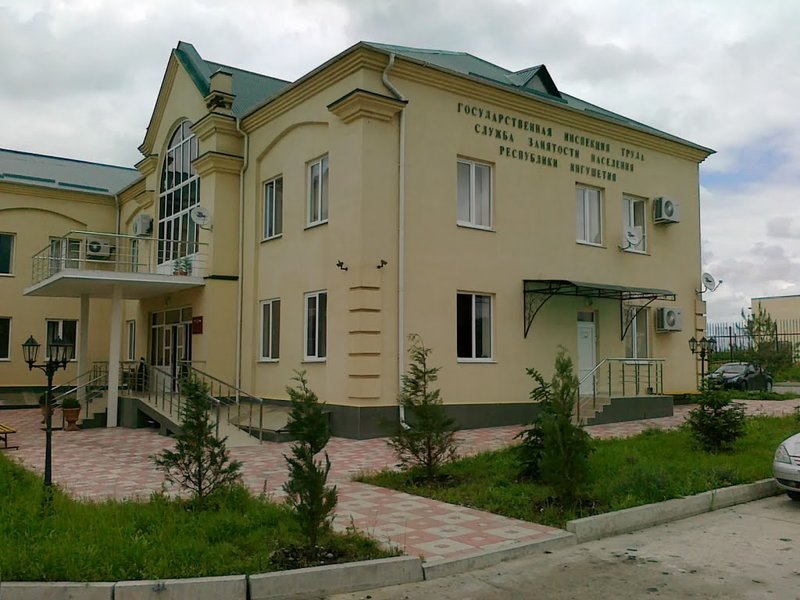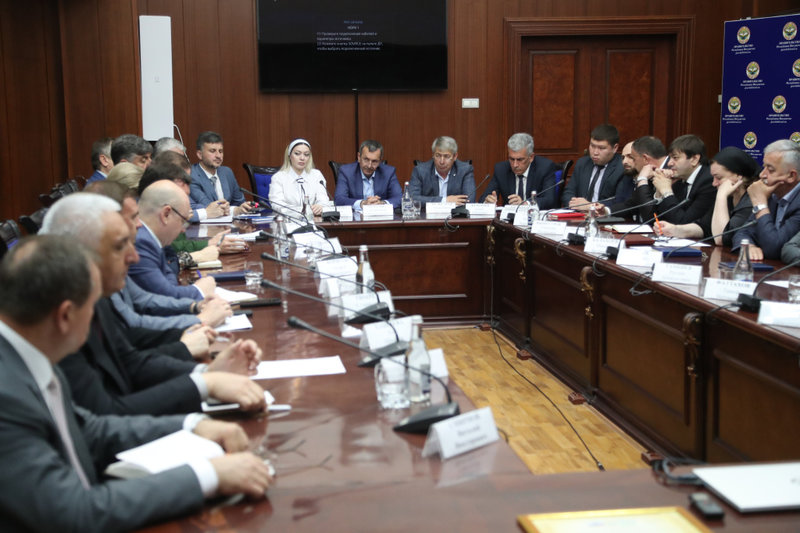Ingushetia is Still Burning

Nearly six months after Yunus-Bek Yevkurov was appointed the new president in volatile Ingushetia, the violence in the republic has shown few signs of abating.
“During the two days that I stayed in Ingushetia recently, ten attacks took place in the republic, including an attack on [Russian] border guards and others,” said Ingushetia’s first president, Ruslan Aushev, in an interview with Echo Moskvy radio station on April 21.
The calculus of Moscow’s move to replace Murat Zyazikov with Yevkurov last October was to improve the security situation in the republic, which had been plagued by hostilities for several years. Yet, the patterns of violence have continued largely unchanged: radicals that are often thought of as Islamists attack police, Russian military forces and occasionally people who act contrary to the stringent Islamic norms in Ingushetia. In turn, the Russian security forces and local police engage in equally violent attacks on the insurgents, including large-scale mopping-up operations in Ingush towns and villages.
The government forces rarely catch the radicals; rather, the police and security forces habitually kill them on the spot—without bringing the suspects in for trial. Human rights activists argue that this practice often victimizes innocent people and further radicalizes younger generation. In a region where blood vengeance is still a widespread custom, this warning has very substantial grounds.
On April 21, another young man, Adam Aushev, was killed after he reportedly refused to stop his car at the entrance to his home village Surkhakhi. The Ingushetia.org website quoted the republic’s Interior Minister as saying that Aushev was innocent (Ingushetia.org, April 21).
The new president of Ingushetia has been trying to distance himself from the practices of his unpopular predecessor by employing some members of the former opposition, endorsing the investigation into the strange death of the prominent opposition leader Magomed Yevloev, owner of the website Ingushetia.org, and allowing the prosecution of former Ingush officials on corruption charges.
On April 3, the lawyer Kaloi Akhilgov unexpectedly became Yevkurov’s spokesman (Ingushetia.org, April 4). The investigation of Yevloev’s death intensified after Yevkurov came to power. Yevloev was detained by the Ingush police on his arrival from Moscow on August 31 last year, shot in the head a few hours later and subsequently died in the hospital. The opposition believes that the police killed him in cold blood, while the police claim it was an accident.
The large-scale corruption in the previous administration started to emerge only after Zyazikov vacated his post. Since December of last year, reports of former Ingush administration bureaucrats being charged with corruption-related crimes have multiplied: tens of millions of dollars are thought to have been stolen and dozens of officials are suspected of having participated in the illegal schemes (Kavkazky Uzel, March 5).
Yet, as president of Ingushetia, Yevkurov’s most significant success came in peacemaking. Yevkurov brokered peace agreements between forty-seven Ingush families that had ongoing blood feuds. In a traditional society like the one in Ingushetia, this is an unprecedented achievement. The move also perhaps indicates the changing nature of Ingush traditions (Interfax, April 18).
In his interview with Echo Moskvy, Aushev blamed the federal authorities for being inattentive to the people’s needs and instead trying to solve existing problems solely with force. Referring to the Islamic extremists in Ingushetia, Aushev said: “These people have their ideas that drive them to violence and they should be confronted with ideas too, not only violence.” Aushev accused Yevkurov’s views as being in line with the Russian security services and his predecessor Zyazikov, that is, the belief that the root cause of violence in Ingushetia is foreign powers using the Islamists “to disintegrate Russia” (Novaya Gazeta, February 9).
Most importantly, Aushev, who is known for being a very independent politician, stated that popular elections for the republican president should be restored. This topic has been a thorn in the Kremlin’s side since the elections were abolished in 2004 on the grounds of “improving the state ability to fight terrorism” and strengthening of the mysterious “power vertical.” In the current economic situation, with Moscow no longer enjoying a continual inflow of petrodollars and projected to have increasingly fewer resources, regional voices have become stronger in demanding greater autonomy from the federal government.
Aushev believes specifically that national republics in particular, as opposed to the predominantly ethnic Russian regions, need to have free elections in order to stay stable.
The instability of Ingushetia stands in stark contrast to the situation next door in Chechnya. The security situation in once war-torn and destroyed Chechnya has improved so much that Moscow formally ended the ten-year-old counterinsurgency operation there on April 16 (Vesti TV, April 16).
Human rights organizations have shed some light on how the relative stability in Chechnya was achieved. Human Rights Watch reported that the head of Chechnya, Ramzan Kadyrov, has vigorously pursued a campaign against the relatives of known insurgents. The pressure on relatives has included verbal threats as well as physical attacks, in particular, the practice of setting the houses of suspects’ relatives ablaze (Radio Liberty, April 13). This practice is reminiscent of the tactic that Russian colonizers used against North Caucasians throughout the 19th century.
The question looms whether Moscow would like to see the type of stability that now exists in Chechnya everywhere in the North Caucasus, where it cannot control the situation by administrative means, or is satisfied with having Chechnya as a scary example and hopes to use it to ward off large-scale instability in other regions of the North Caucasus. So far it appears to have had little effect on Ingushetia.
By: Valery Dzutsev
www.jamestown.org
